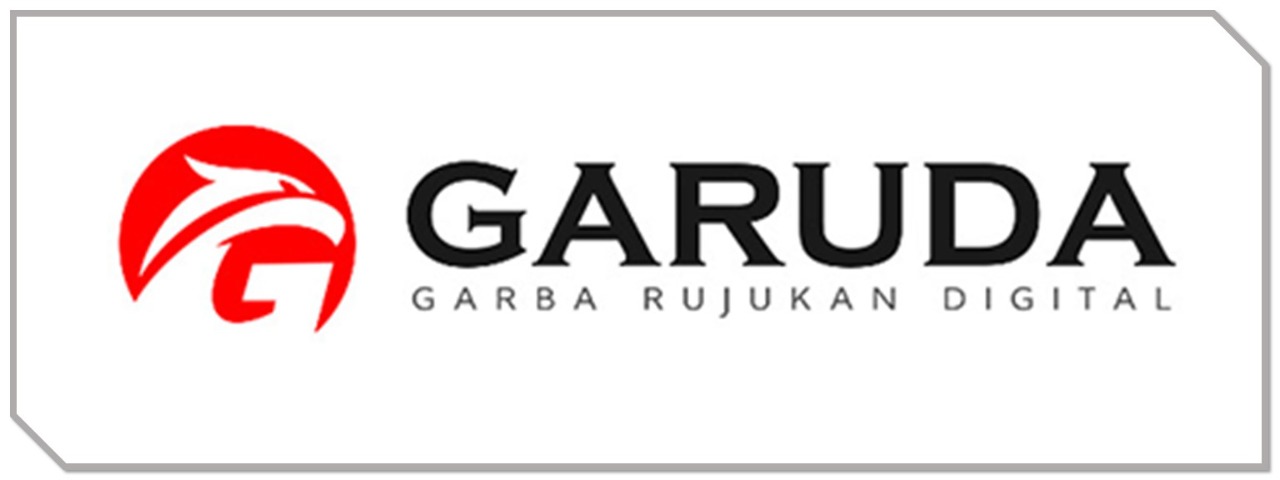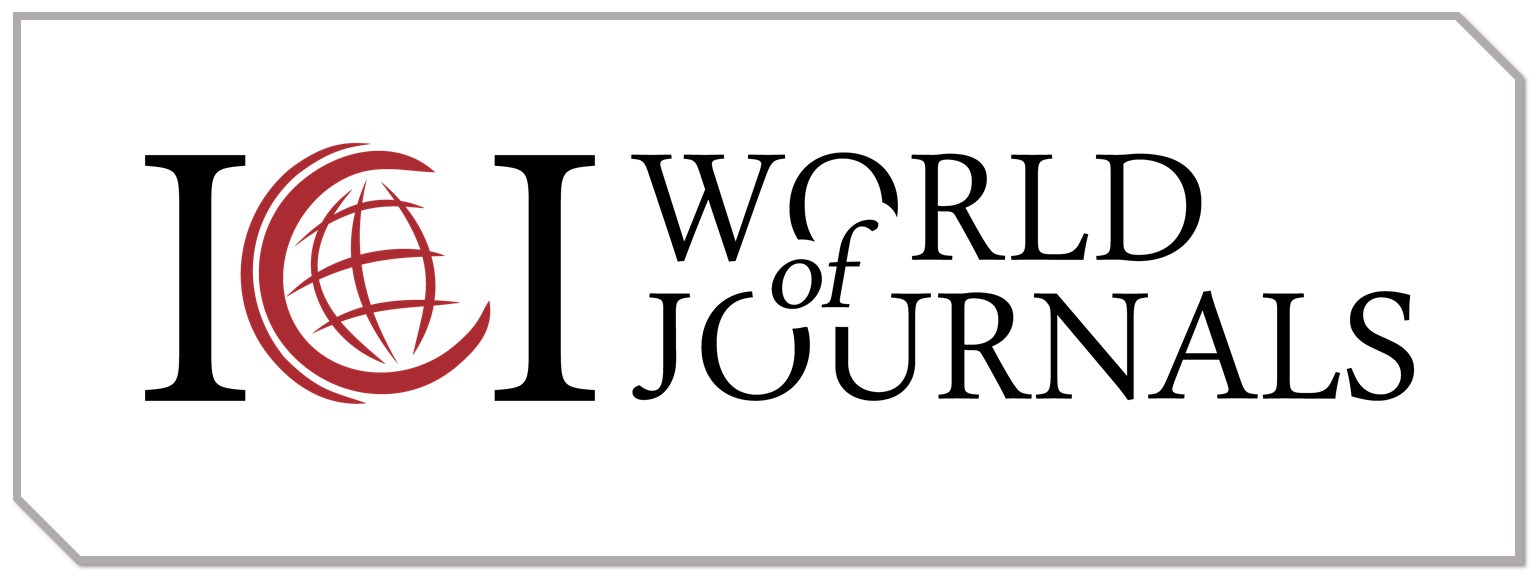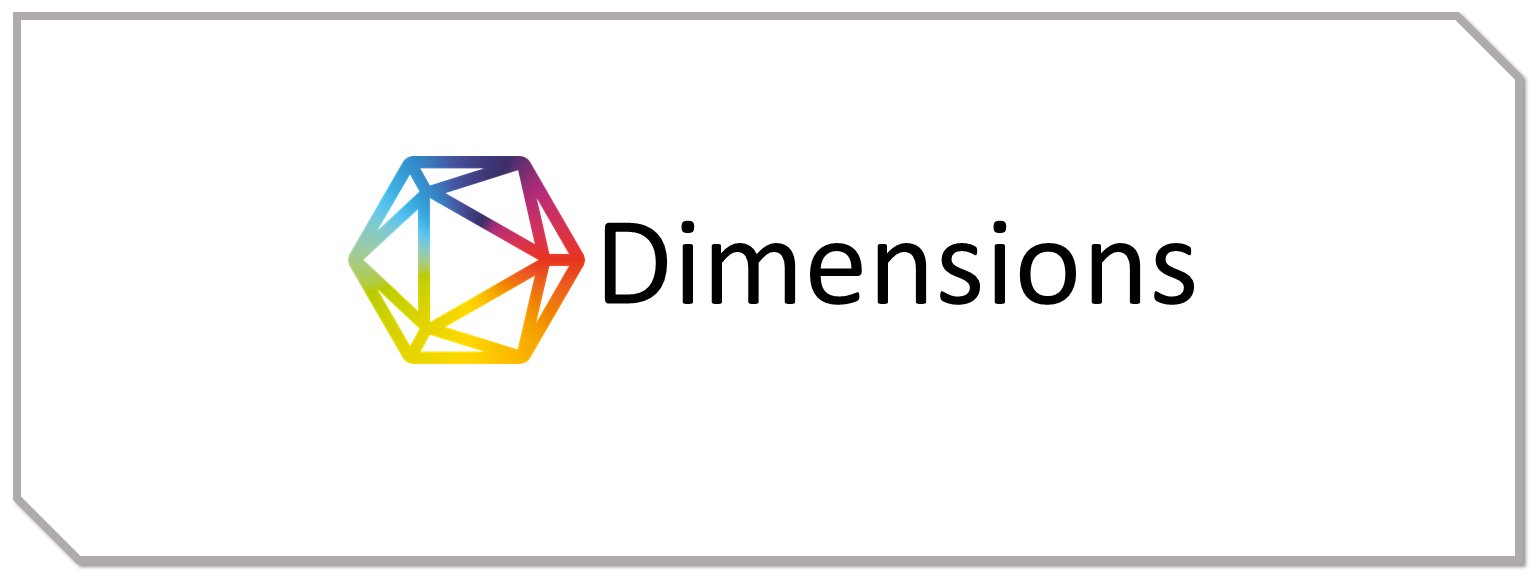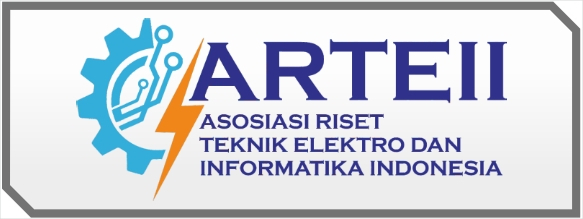Managing the Digital Image Restoration Amidts the Faith-Based Crisis : Semiotics and Ethical Decision Making Analysis
DOI:
https://doi.org/10.55606/juitik.v5i1.1076Keywords:
Crisis communication, Digital image restoration, Ethical decision-making, Faith-based crisis, McDonald’s IndonesiaAbstract
Faith-based crises pose significant challenges to global franchise brands, requiring strategic communication approaches to mitigate reputational risks. This study examines McDonald's Indonesia's crisis response amidst the boycott movement triggered by its alleged affiliation with McDonald's Israel during the escalation of the Palestinian-Israeli conflict. Utilizing Roland Barthes' semiotic analysis and Parsons' Ethical Decision-Making (EDM) framework, this research analyzes the representation of messages and ethical considerations in McDonald's Indonesia's official press release on Instagram. Findings reveal that the company employs a neutrality and non-partisanship strategy, emphasizing its independent ownership structure, local employment contributions, and national identity to distance itself from the global franchise network. While this approach aligns with the EDM principles of veracity, non-malfeasance, and beneficence, gaps in transparency and fairness remain potential challenges in public perception. The study contributes to the theoretical understanding of digital image restoration in faith-based crises and offers practical insights for corporate crisis management in profit-oriented organizations. Future research should explore audience reception and public sentiment to provide a more comprehensive assessment of crisis communication effectiveness.
References
Achmad, F. S., & Nasution, E. B. (n.d.). McDonald’s in Indonesia and its emerging political and security risks.
Alisherovna, S. N. (2023). Semiotics is the science of signs and sign systems.
Alon, I., Apriliyanti, I. D., & Parodi, M. C. H. (2020). A systematic review of international franchising. Multinational Business Review, 29(1), 43–69. https://doi.org/10.1108/MBR-01-2020-0019
Amato, S., Patuelli, A., Basco, R., & Lattanzi, N. (2023). Family firms amidst the global financial crisis: A territorial embeddedness perspective on downsizing. Journal of Business Ethics, 183(1), 213–236. https://doi.org/10.1007/s10551-021-04930-0
Avieli, N., & Markowitz, F. (2023). Eating religiously: Food and faith in the 21st century. Taylor & Francis.
Bahari, A. (2023). Corporate social responsibility dan ketahanan perusahaan dalam menghadapi pandemik di Asia Tenggara. Jurnal Akademi Akuntansi, 6(1), Article 1. https://doi.org/10.22219/jaa.v6i1.21994
Casali, G. L., & Perano, M. (2021). Forty years of research on factors influencing ethical decision making: Establishing a future research agenda. Journal of Business Research, 132, 614–630. https://doi.org/10.1016/j.jbusres.2020.07.006
Chiru, I., & Buluc, R. (2023). An ethical understanding of military strategic communication, public relations, and persuasion. In Routledge handbook of disinformation and national security. Routledge.
Clementson, D. E., & Beatty, M. J. (2021). Narratives as viable crisis response strategies: Attribution of crisis responsibility, organizational attitudes, reputation, and storytelling. Communication Studies. https://www.tandfonline.com/doi/full/10.1080/10510974.2020.1807378
Dalakas, V., Melancon, J. P., & Szczytynski, I. (2022). Brands in the eye of the storm: Navigating political consumerism and boycott calls on social media. Qualitative Market Research: An International Journal, 26(1), 1–18. https://doi.org/10.1108/QMR-07-2021-0089
Fabbri, P., Sassatelli, M., & Manghani, S. (2022). On narrative: An interview with Roland Barthes. Theory, Culture & Society, 39(7–8), 159–174. https://doi.org/10.1177/02632764221141819
Fauziah, K., & Aulia, P. B. (2024). Visual branding Dinas Komunikasi dan Informatika Daerah Istimewa Yogyakarta melalui konten Instagram: Sebuah tinjauan semiotik. Nusantara Hasana Journal, 3(12), Article 12. https://doi.org/10.59003/nhj.v3i12.1137
Geiger, B. B. (2021). Performing trustworthiness: The ‘credibility work’ of prominent sociologists. Sociology, 55(4), 785–802. https://doi.org/10.1177/0038038520977805
Ijaz, A. (2024, July 3). Religion and brand activism: Faith-based segments in the UK and their engagement in boycotting behaviour. Academy of Marketing 2024. https://app.oxfordabstracts.com/stages/9956/submissions/674605/form/view
Indonesia, M. (n.d.). About us | McDonald’s Indonesia. Retrieved February 11, 2025, from https://www.mcdonalds.co.id/about
Jones, B., Temperley, J., & Lima, A. (2009). Corporate reputation in the era of Web 2.0: The case of Primark. Journal of Marketing Management, 25(9–10). https://www.tandfonline.com/doi/abs/10.1362/026725709X479309
Kalelioğlu, M. (2023). Latmos: A semiotic view on the subject’s role in the sustainability of natural and cultural values. https://www.degruyter.com/document/doi/10.1515/sem-2021-0161/html
Naufal, I. (n.d.). Ketua MUI: Sudah waktunya masyarakat Indonesia boikot McDonald’s. Inilah.com. Retrieved February 11, 2025, from https://www.inilah.com/ketua-mui-sudah-waktunya-masyarakat-indonesia-boikot-mcdonalds
Neureiter, M., & Bhattacharya, C. B. (2021). Why do boycotts sometimes increase sales? Consumer activism in the age of political polarization. Business Horizons, 64(5), 611–620. https://doi.org/10.1016/j.bushor.2021.02.025
O’Brien, P. M. (2020). Transparency as a means to rebuild trust within the Church: A case study in how Catholic dioceses and eparchies in the United States have responded to the clergy sex abuse crisis. Church, Communication and Culture, 5(3), 456–483. https://doi.org/10.1080/23753234.2020.1827962
O’Donnell, A. (2023). Public relations and communications: From theory to practice. Routledge. https://doi.org/10.4324/9781003253815
Olaoluwa, R. (2021). Exploring the factors affecting the ethical values of public relations practice in Lagos State, Nigeria. Covenant Journal of Communication. https://journals.covenantuniversity.edu.ng/index.php/cjoc/article/view/2861
Park, C. W., Eisingerich, A. B., Pol, G., & Park, J. W. (2013). The role of brand logos in firm performance. Journal of Business Research, 66(2), 180–187. https://doi.org/10.1016/j.jbusres.2012.07.011
Scherer, A. G., Palazzo, G., & Seidl, D. (2013). Managing legitimacy in complex and heterogeneous environments: Sustainable development in a globalized world. Journal of Management Studies, 50(2), 259–284. https://doi.org/10.1111/joms.12014
Tarabashkina, L., Tarabashkina, O., Quester, P. G., & Soutar, G. N. (2020). Does corporate social responsibility improve brands’ responsible and active personality dimensions? An experimental investigation. Journal of Product and Brand Management, 30(7), 1016–1032. https://doi.org/10.1108/JPBM-01-2020-2720
Teng, W. (2019). Importance of corporate image for domestic brands moderated by consumer ethnocentrism. Journal of Product & Brand Management, 29(3), 257–272. https://doi.org/10.1108/JPBM-09-2018-2020
Utami, M., & Sokowati, M. E. (2021). Konstruksi identitas global dan lokal dalam Majalah Gogirl!: Sebuah hibriditas. Jurnal Komunikasi, 15(2), Article 2. https://doi.org/10.20885/komunikasi.vol15.iss2.art2
Wang, J. (2005). Consumer nationalism and corporate reputation management in the global era. Corporate Communications: An International Journal, 10(3), 223–239. https://doi.org/10.1108/13563280510614483
Wisselink, A., & de Jong, M. (n.d.). Communication science (bachelor). Faculty of Behavioural, Management and Social Sciences, University of Twente.
Wood, A., Queiroz, C., Deutsch, L., González-Mon, B., Jonell, M., Pereira, L., Sinare, H., Svedin, U., & Wassénius, E. (2023). Reframing the local–global food systems debate through a resilience lens. Nature Food, 4(1), 22–29. https://doi.org/10.1038/s43016-022-00662-0
Wright, D., & Hinson, M. (2009). An updated look at the impact of social media on public relations practice. Public Relations Journal, 3.
Yan, H. (n.d.). Narratives may facilitate crisis communication—The Arthur W. Page Center. Retrieved May 26, 2025, from https://pagecenter.psu.edu/blog/narratives-facilitate-crisis-communication
Yuliyanti, F. D., Bajari, A., & Mulyana, S. (2017). Representasi maskulinitas dalam iklan televisi Pond’s Men #Lelakimasakini: Analisis semiotika Roland Barthes terhadap representasi maskulinitas. Jurnal Komunikasi, 9(1), Article 1. https://doi.org/10.24912/jk.v9i1.180
Yuniani, H. (2015). Mythology politik Jawa dalam pidato Anas Urbaningrum: Analisis semiotika Roland Barthes dalam pidato Anas Urbaningrum terkait kasus korupsi Hambalang. Jurnal Komunikasi, 9(2), Article 2. https://doi.org/10.20885/komunikasi.vol9.iss2.art2
Downloads
Published
How to Cite
Issue
Section
License
Copyright (c) 2025 Jurnal Ilmiah Teknik Informatika dan Komunikasi

This work is licensed under a Creative Commons Attribution-ShareAlike 4.0 International License.

















